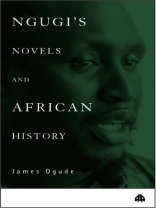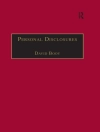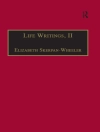Ngugi’s entire novelistic output in examined, including his major works, The River Between, A Grain of Wheat, Petals of Blood and Matigari. Through a critique of these works, Ngugi’s radical and sometimes ambivalent attitude towards independence (Uhuru) and the manufacturing of nationhood are assessed. Ogude also looks at the wider notion of the distinct boundaries between history and fiction which postcolonial literatures have sought to question.
Tabela de Conteúdo
Introduction
1. Ngugi’s concept of history
2. The changing nature of allegory in Ngugi’s novels
3. Character portrayal in Ngugi’s novels
4. The use of popular forms and the search for relevance
5. Allegory, romance and the nation: women as allegorical figures in Ngugi’s novels
6. Ngugi’s portrayal of the community, heroes and the oppressed
Notes
Bibliography
Index
Sobre o autor
James Ogude is Senior Lecturer in the African Literature Department , University of the Witwatersrand, Johannesburg. He is the author of numerous articles and reviews and co-edited, with Steve Kromberg, Soho Square: A Collection of New Writing From Africa (1992).












